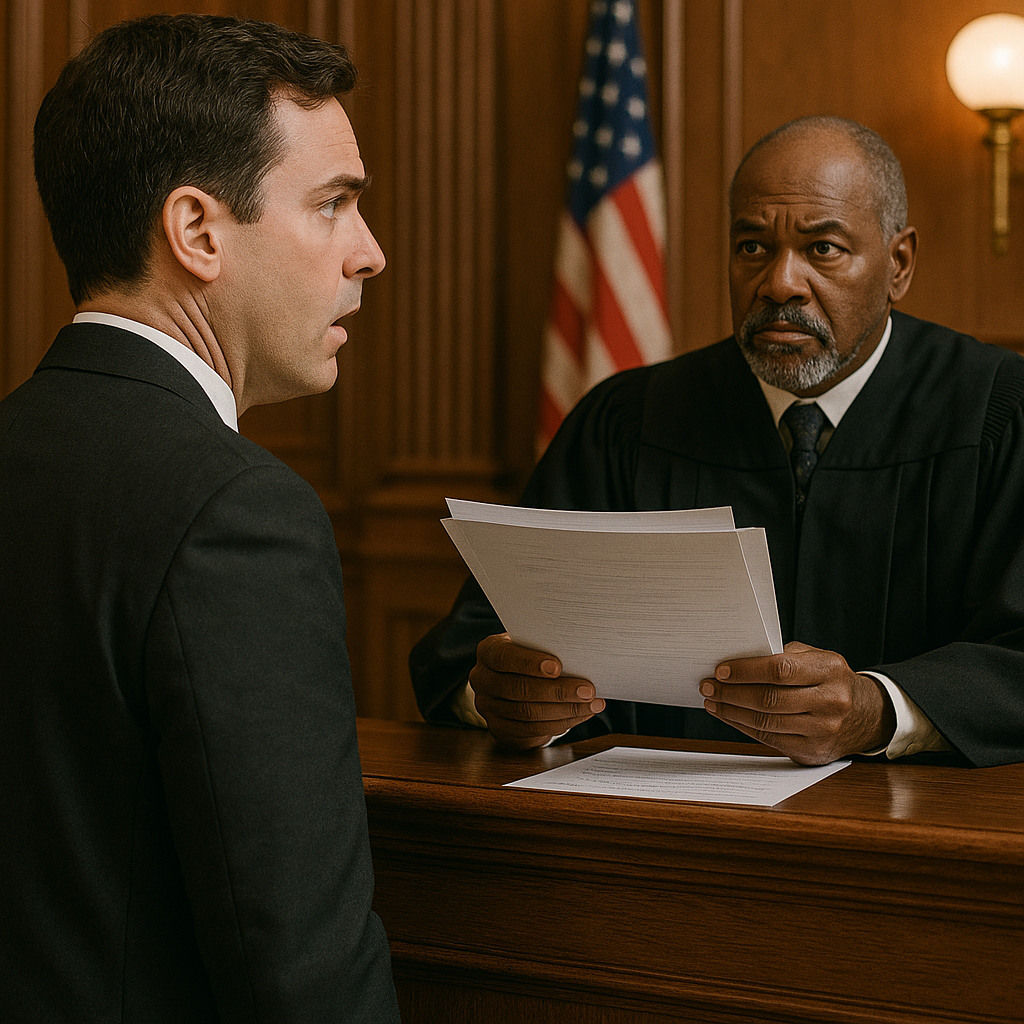The recent decision in Briarwood Office Center II Condominium Association v. West Bend Mutual Insurance Company 1 highlights a critical lesson for anyone involved in the insurance appraisal process about the finality of an appraisal award. Allegations alone are not enough to overturn a binding appraisal award.
Briarwood brought a breach of contract claim against its insurer following an unfavorable appraisal outcome. Despite participating fully in the appraisal process and receiving an award, Briarwood sought to challenge the result by claiming that the appraisal panel ignored substantial roof damage and that the process was tainted by bias and impropriety.
However, the court granted the insurer’s Motion for Judgment on the Pleadings and rejected Briarwood’s complaint, finding it insufficient under the standard required to set aside a binding appraisal. The judge pointed out that while Briarwood accused the umpire of lacking credentials and questioned the neutrality of West Bend’s appraiser, it offered no substantive facts to support those claims. Instead, the complaint was filled with what the court referred to as conclusory allegations and legal conclusions unsupported by detailed factual assertions.
Courts applying Illinois law treat appraisal provisions in insurance contracts similarly to arbitration clauses. Once an award is made by two members of a duly appointed appraisal panel, it is binding and enforceable unless there is a well-supported factual allegation of fraud, gross error, or misconduct. Briarwood, the court found, simply failed to meet that burden.
What further weakened Briarwood’s position was a critical inconsistency in its pleadings. The complaint initially alleged that West Bend had improperly used one of its own employees as an appraiser. However, in a later filing, Briarwood admitted that West Bend had retained an independent third-party appraiser. The court viewed this contradiction as a judicial admission that undercut the credibility of Briarwood’s claim. Under federal pleading standards, parties cannot contradict their own statements to create factual disputes where none exist. The court applied well-established rules stating that parties are bound by their admissions and cannot plead their way out of unfavorable facts they have already acknowledged.
This case offers a practical warning for policyholders and their attorneys. If there is concern during the appraisal process about impartiality, qualifications, or fairness, those issues must be supported by real facts and properly preserved.
For example, evidence of prior relationships between appraisers, documented bias, refusal to consider relevant damage, or procedural irregularities may all support a legitimate challenge to an appraisal award. But when a party merely alleges wrongdoing without presenting concrete facts, courts will view such complaints with skepticism. Dissatisfaction with the result is not the same as demonstrating that the process itself was flawed.
Another message from the Briarwood decision is that courts favor finality of the appraisal process. Once a binding award has been made under the terms of the policy, it will be upheld absent clear evidence that something went seriously wrong. A party cannot simply declare the process unfair and expect the court to reopen the matter. Allegations must be backed by specific, well-pleaded facts that raise genuine doubt about the propriety of the appraisal. Otherwise, the party risks not only losing the challenge but also being dismissed from court entirely.
The appraisal process is not a trial run or a preliminary negotiation. It is usually the end of the road. Those who enter it must do so with seriousness, understanding that the outcome will likely be final and enforceable.
For those interested in this topic, I would suggest reading “Can the Appraisal Award Be Challenged Because the Appraisers Used Wrong Methods to Arrive at the Award?” and “Overturning Appraisal Awards for Bias and Seeking Discovery from Appraisers: A Policyholder’s Guide,” published by the ABA.
Thought For The Day
“Justice delayed may be justice denied, but justice finalized may still be wrong.”
—Learned Hand
1 Briarwood Office Center II Condominium Association v. West Bend Mut. Ins. Co., No. 24-cv-50177 (N.D. Ill. June 6, 2025).





